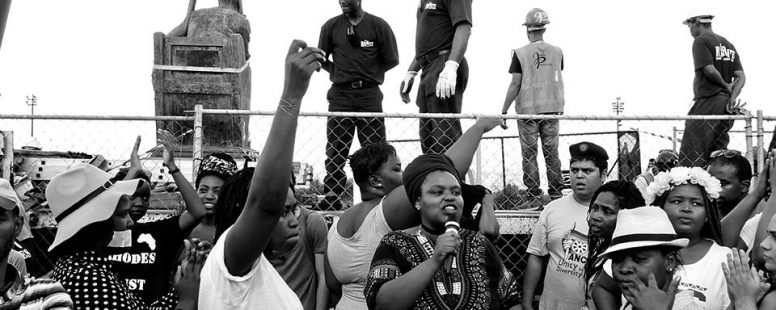By Saskia Kerkvliet|February 28, 2019||0 comments
The #FeesMustFall movement was characterised by spectacular mobilisation, profound transformation demands and waves of collective action across South African university campuses in 2015 and 2016. Led by people of the ‘Born Free’ generation, this movement also inspired and connected with students globally. In response to this unprecedented mobilisation, the South African government froze tuition fee increases for a time and changed funding to universities. Individual universities such as Wits also set out a wide-ranging programme of transformation in response to student demands. Yet, what has happened since the protests? To what extent were demands achieved, and how? What has been the wider effect of this movement, what historical conditions made it possible and what are its longer-term implications for South African society?





